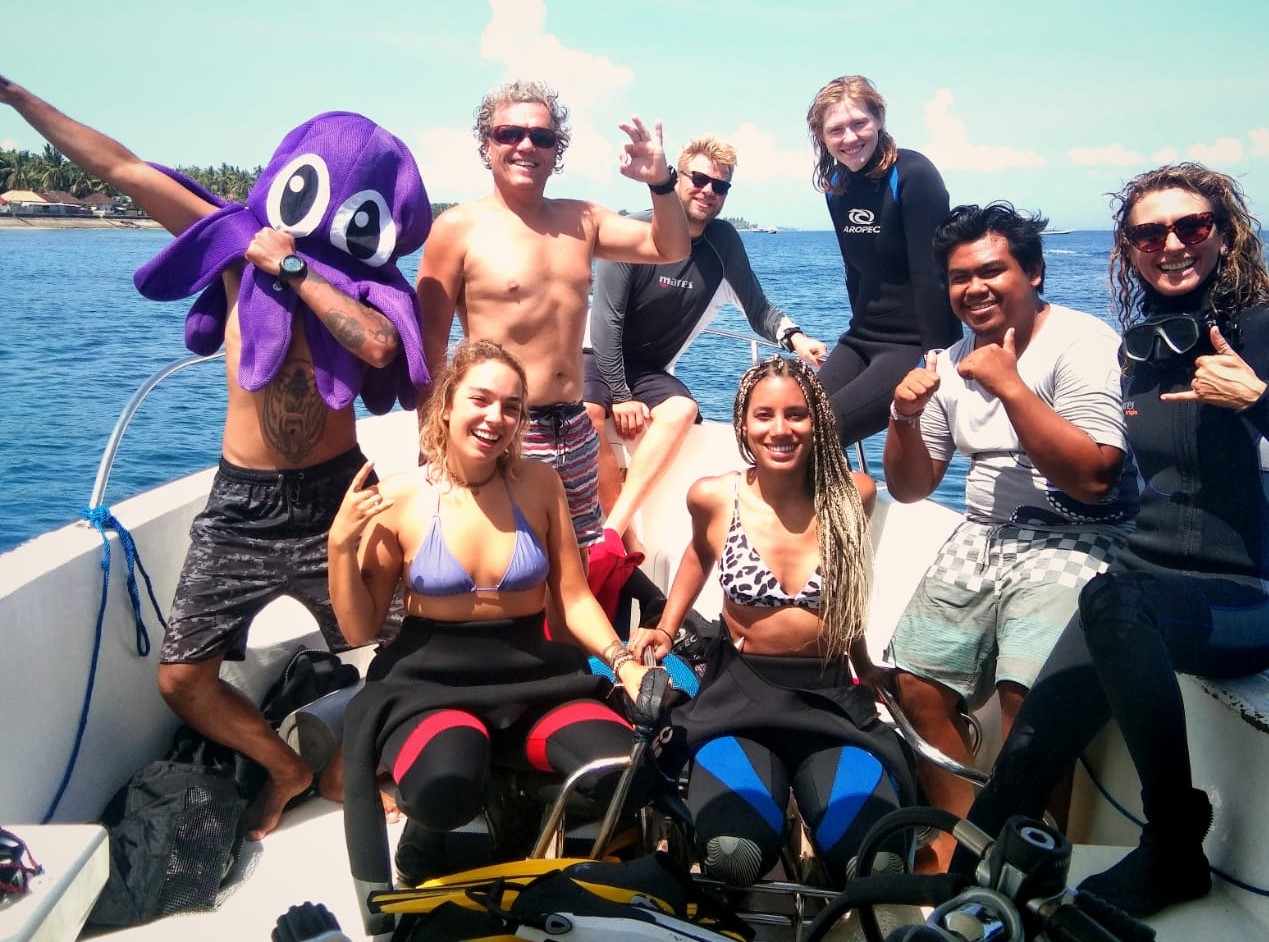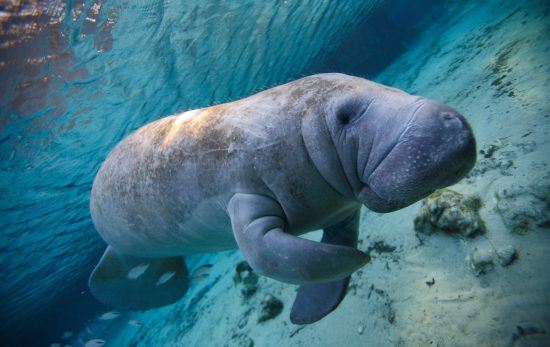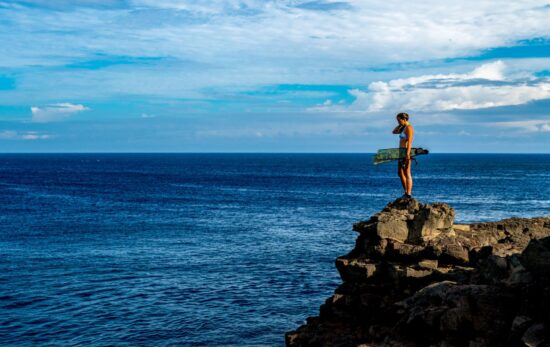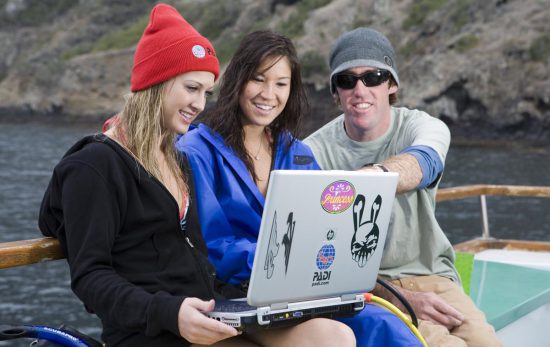In high school and university, I loved learning about science, but I didn’t love science classes. For example, I found documentaries about black holes and string theory engrossing, but dissecting a frog in biology was just plain gross. Intro to Chemistry and Intro to Physics were tolerable but boring.
Once I became a PADI® Diver, everything changed. Scuba diving gave me a personal connection to what I was studying. Take anatomy, for example: divers have to know where airspaces exist within the body to avoid potential injuries. Learning about different parts of the ear helped me understand why I had trouble equalizing.
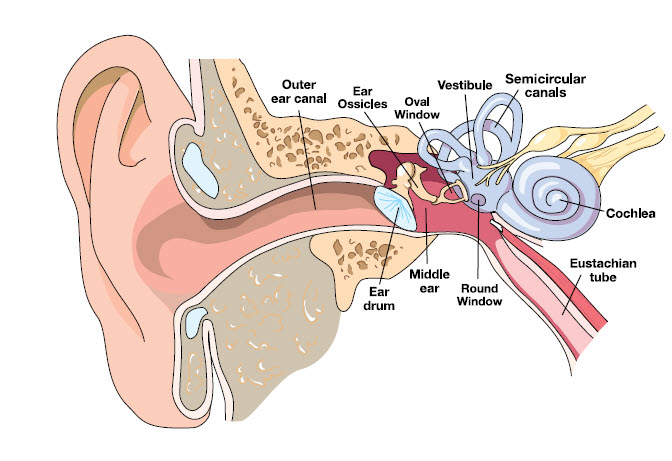
Physics, Physiology and Scuba Diving
The PADI Open Water Diver course also made chemistry and physics fundamentals more interesting.
Boyle’s Law tells us the pressure and volume of a gas have an inverse relationship. As a student, I understood the concept in an abstract way; but it didn’t really stick in my brain. Now that I’m a certified diver, I have a greater appreciation for Boyle’s Law. It’s why the number one rule of scuba diving is: breathe continuously and never hold your breath.
Archimedes’ Principle states that a body immersed in a fluid (such as water) will be buoyed up by force equal to the weight of the displaced fluid. When I first learned this I thought, “Since I don’t plan on building a boat anytime soon, this information might be worth a few points in pub trivia, but nothing more.”
Becoming a diver made me realize the usefulness of Archimedes’ discovery. I also suspect the early Greek mathematician would have been a great scuba instructor. Dialing in your dive weighting is essential to having good buoyancy underwater.
I could go on and on, but I think you get the point. Learning to scuba dive while you’re in university, or even secondary school, is a great way to enhance your studies. You’ll gain a better understanding of (and appreciation for) things like:
- Light wavelengths
- Thermal conductivity and heat transfer
- The effect of temperature and pressure on various gasses
- The solubility of gas in fluids
To be clear, PADI scuba programs are not a substitute for actual science classes. What I’m saying is: if I started scuba diving when I was 16 or 21 instead of 23, science classes would have been more engaging and I would have remembered more of what I learned.
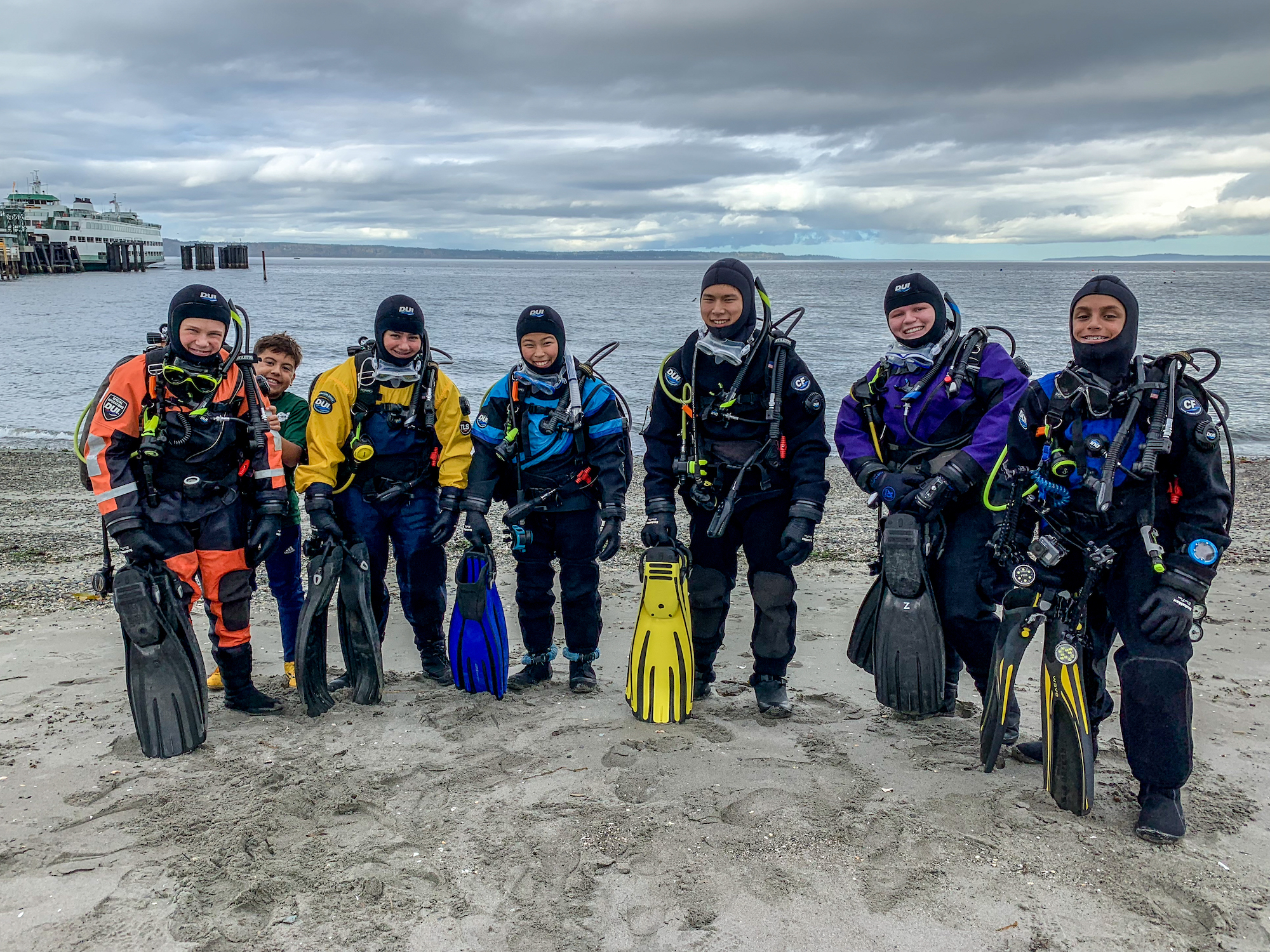
Earn College or University Credit for Scuba Diving
Here’s something else I wish I knew: PADI courses are eligible for college credit. Credit hours and related courses vary. For example, the Open Water Diver course may get you physical education (PE) credit, while professional-level courses may help aspiring teachers earn classroom management hours. Check with your academic institution before enrolling.
The More You Dive, the More You’ll Learn
The more scuba classes you take, the more science concepts you’ll learn. For example, Enriched Air Nitrox teaches you about partial pressures (chemistry) and the Fish ID course covers aspects of both biology and ichthyology.
If you decide to become a PADI Professional, you’ll dive deeper into oceanography, specifically underwater environments. During my Divemaster training in California, my Instructor taught us how the wind affects ocean swells. This is important because, at times, certain dive sites have conditions so harsh it feels like you’re in a washing machine (true story). We also learned about the habits and habitats of local marine life.
Dive Theory is also part of PADI Professional training, but you don’t have to be a Divemaster candidate to enroll. This online-only course covers:
- Dive physics
- Physiology
- Decompression theory
- Dive planning
- How scuba gear works
Other Benefits of Scuba Diving
Even if you don’t pursue scuba diving as a career, there are many ways scuba diving can improve your life.
- Stress Reduction — Being in or around water is proven to reduce psychological stress.
- See the Other 2/3rds of the Planet — Scuba diving will take you on amazing adventures to places most people will never see.
- Meet People with Similar Interests — Diving is a global sport enjoyed by a variety of people with a shared passion for the underwater world.
Ready to get started? Contact a PADI Dive Shop near you. To learn more about what’s involved in earning your scuba certification, watch the video below or read this article about learning to scuba dive.
Related Reading:
- 10 Reasons To Be A Scuba Diver
- 6 Ways Being a Diver Benefits You on Land Too
- Meaningful Gap Year Ideas for Ocean Lovers and Environmentalists
- How Scuba Lessons Get Kids Excited About STEM
- A Career That Matters: Environmental Jobs for Scuba Divers
- Eco-Friendly School Supplies and Office Gear to Show Your Scuba Diver Pride

